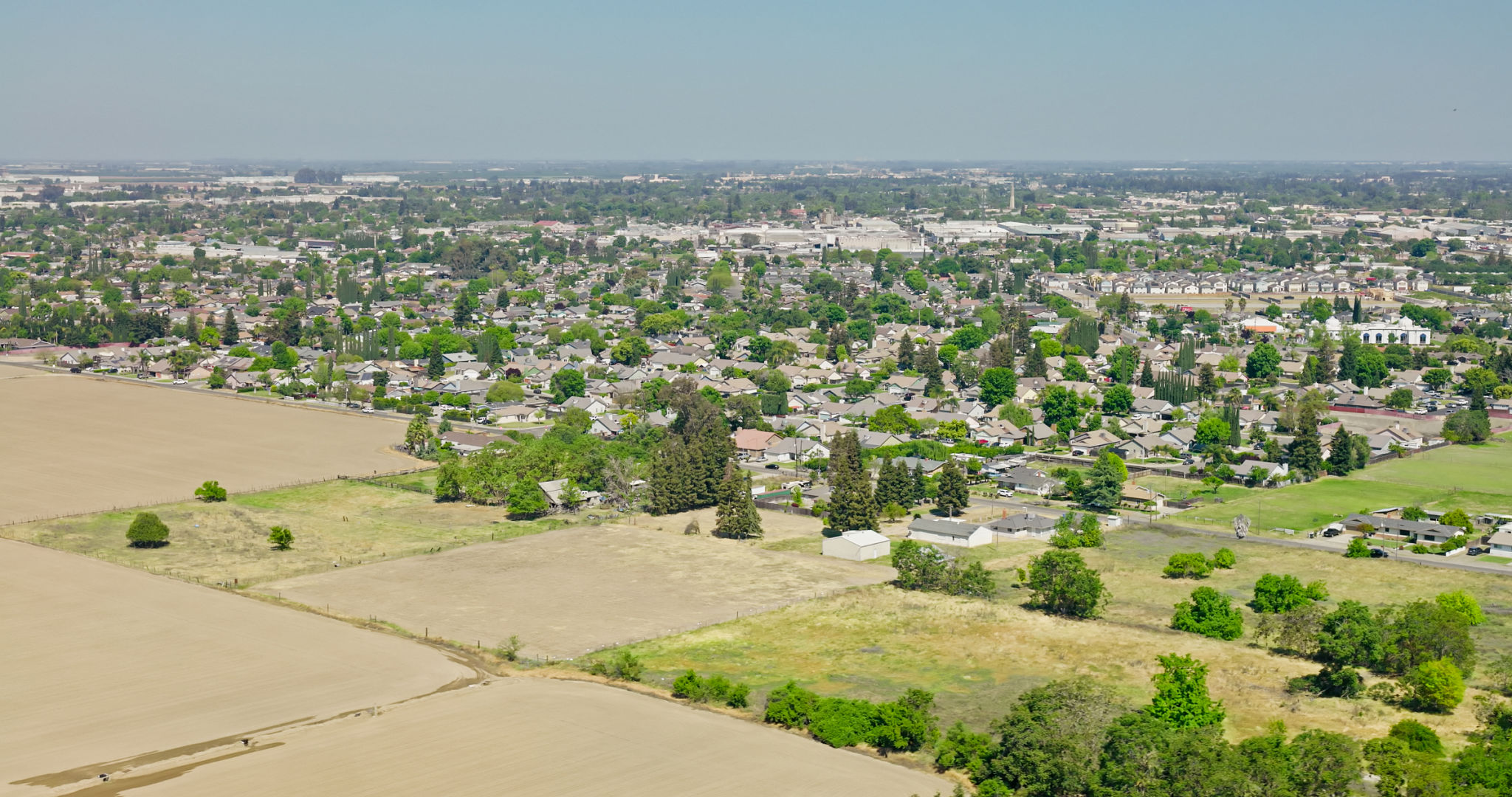Urban Farming Trends Transforming Nigerian Cities
Introduction to Urban Farming in Nigeria
Urban farming is experiencing significant growth across Nigerian cities as more individuals and communities recognize its potential to address food security, sustainability, and economic empowerment. This trend is transforming urban landscapes, turning underutilized spaces into productive agricultural hubs.

Why Urban Farming is Gaining Popularity
Several factors contribute to the rising popularity of urban farming in Nigeria. Population growth, urbanization, and a heightened awareness of environmental issues have motivated citizens to explore urban agriculture. Additionally, urban farming offers fresh produce, reduces food miles, and fosters community engagement.
Innovative Urban Farming Techniques
Nigerian urban farmers are adopting various innovative techniques to maximize productivity in limited spaces. Some popular methods include:
- Vertical Farming: Utilizing vertical space to grow crops in stacked layers, increasing yield per square meter.
- Hydroponics: Growing plants without soil, using nutrient-rich water solutions to ensure efficient resource use.
- Aquaponics: Combining fish farming with hydroponics, creating a symbiotic environment where fish waste fertilizes plants.

The Role of Technology in Urban Farming
Technology plays a crucial role in advancing urban farming in Nigerian cities. Smart farming tools and applications help farmers monitor plant health, optimize water usage, and automate various processes. These technologies not only increase efficiency but also make urban farming more accessible to beginners.
Community Benefits of Urban Farming
Urban farming initiatives often foster community spirit by bringing people together to work on common goals. Community gardens offer shared spaces where residents can learn about agriculture, share resources, and build relationships. These gardens also provide educational opportunities for children and young adults, teaching them valuable skills and promoting environmental stewardship.

Economic Impacts of Urban Farming
The economic benefits of urban farming are substantial. Many urban farmers sell their produce at local markets, providing them with an additional source of income. Moreover, these initiatives can create job opportunities in agriculture-related fields such as technology support, distribution, and marketing.
Challenges Facing Urban Farmers
Despite its many advantages, urban farming in Nigeria faces several challenges. Access to land and resources can be limited in densely populated areas. Farmers also need support in terms of policy frameworks and incentives from local governments to thrive. Addressing these challenges is essential for the continued growth of urban agriculture.
The Future of Urban Farming in Nigeria
As awareness continues to grow and more people recognize the benefits of urban farming, its future in Nigerian cities looks promising. With continued innovation and support from policymakers, urban agriculture has the potential to become an integral part of the urban landscape, contributing significantly to food security and sustainable development.

Conclusion
Urban farming is transforming Nigerian cities by promoting sustainability, enhancing food security, and fostering community collaboration. As this trend continues to evolve, it promises to play a pivotal role in shaping the future of urban living in Nigeria. By embracing innovative techniques and overcoming existing challenges, urban farming can make a lasting impact on the economy and environment.
